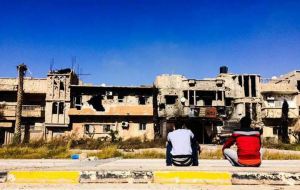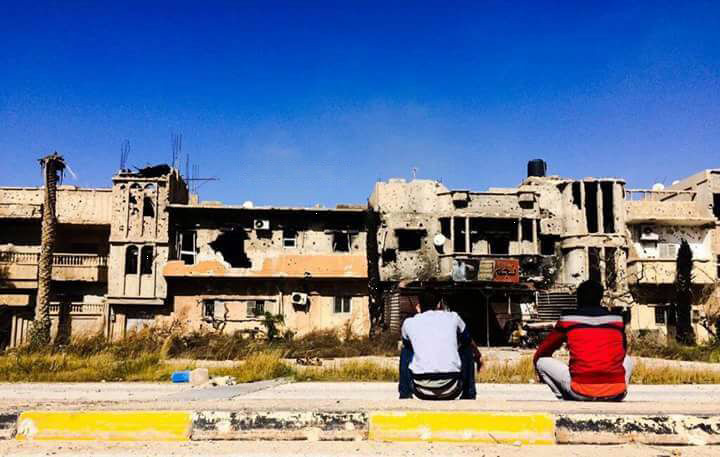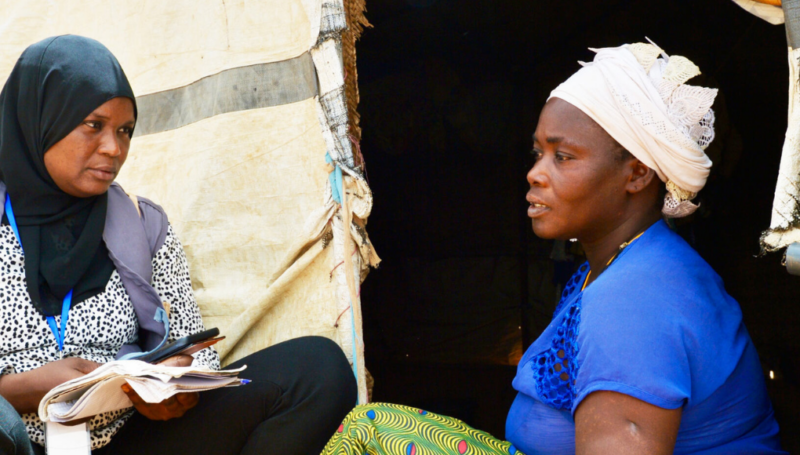 The continuation of the civil war across Libya at the start of 2016 affected host and displaced communities, refugees and migrants alike, occasioning the displacement of an estimated 425,250 Internally Displaced Persons (IDPs) who often lack access to basic services and adequate shelter. Hence, there is a continuing need for more data to inform sector-specific humanitarian planning in Libya.
The continuation of the civil war across Libya at the start of 2016 affected host and displaced communities, refugees and migrants alike, occasioning the displacement of an estimated 425,250 Internally Displaced Persons (IDPs) who often lack access to basic services and adequate shelter. Hence, there is a continuing need for more data to inform sector-specific humanitarian planning in Libya.
Following two earlier assessments implemented by REACH and in cooperation with key humanitarian partners in August 2015 and February 2016, REACH, supported by the EU Humanitarian Aid and Civil Protection conducted a third assessment in June 2016 to inform the humanitarian Needs Overview and Response Plan in Libya. Based on community-level data collected from over 500 People with Knowledge (PwK) in 27 municipalities in East, West and South Libya, the updated Multi-Sector Needs Assessment (MSNA) draws comparisons, where relevant, between geographically opposite communities, and between the two earlier rounds and this latest MSNA.
Key findings inform that IDPs remain in more vulnerable shelters such as hosted/collective accommodation, or unfinished buildings (40%) compared to hosts or displaced families, mostly residing in rented accommodation. High rents and widely unaffordable housing/non-food items are a challenge for many of them. While salaried employment is the primary reported source of income in assessed communities, challenges still exist: delays in salaries, limited functionality of the banking system. Those lacking sufficient access to income resort to negative coping strategies such as spending savings (in 70% of cases), taking on debts for basic needs like food, or selling household goods.
Another key concern remains protection: June 2016 saw an increase in reported threats to people’s physical safety in assessed communities, with particularly high rates of theft (69%) reported by respondents in the South, and reports of deaths by small arms in 93% of total assessed municipalities. Among IDPs, loss of documentation, and subsequent incapacity to access cash, social security and basic services, aggravates the situation of key sectors mentioned above.
Despite ongoing conflict and instability in areas across the country, the overall humanitarian situation appears to have improved compared to the previous year. The Libya MSNA, widely used to inform humanitarian actors and partners, and plan humanitarian response, highlights continuing needs across all sectors of the crisis response, and shows that further support is needed at several levels in order to improve the situation and increase the resilience of affected populations.
To access the full REACH MSNA report and recommendations, follow this link.
Photo credits: EISHIREF/ACTED 2016









